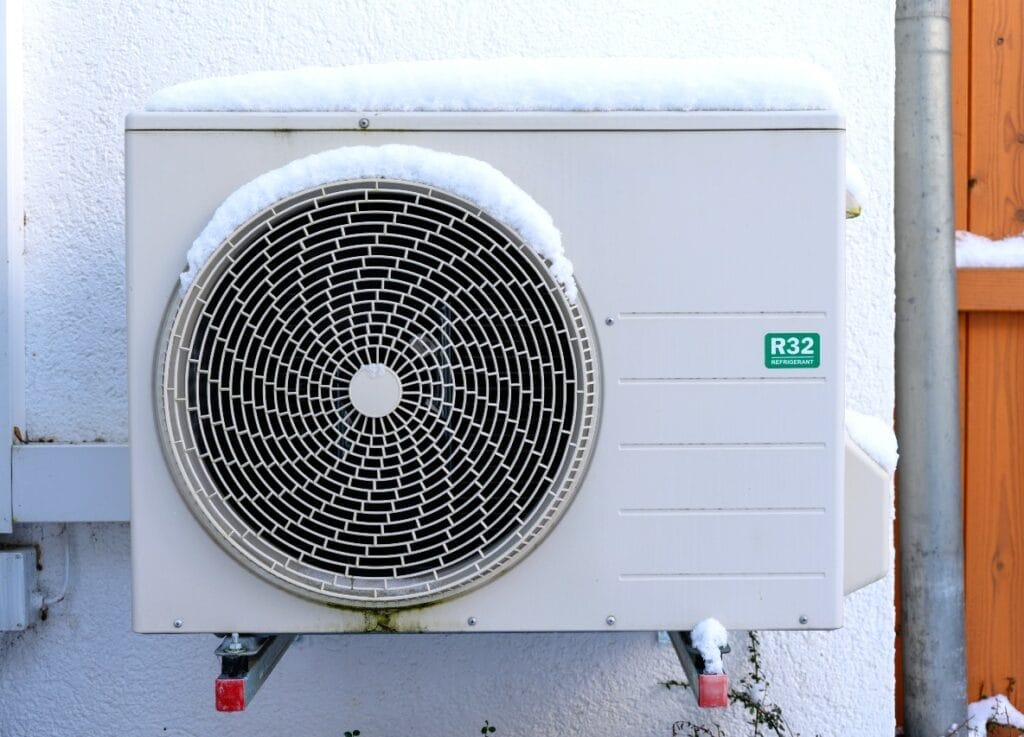Taking the rebate could cost you dearly
Wisconsin will be the first state to pass out federally funded rebates to homeowners for energy-related home alterations — including heat pumps that will increase homeowners’ heating costs sharply.

Gov. Tony Evers’ office last week announced $149 million in federal subsidies for homeowners and landlords who, for example, add insulation, rewire, or replace gas appliances. Among the largest rebates will be up to $8,000 to replace an existing furnace with an electric heat pump.
While heat pumps can be cheaper than gas-powered furnaces, they add an average of more than $2,000 a year to a new Wisconsin home’s heating bill, according to a recent Badger Institute study.
Heat pumps, which are common in warmer states, transfer heat from outside air to a home’s interior. They lose efficiency in freezing temperatures. They are the usual go-to in places where regulators have limited or banned combustion furnaces. No such restrictions exist yet in Wisconsin, though Evers last year vetoed a measure to rule out such bans, and his energy plan in 2022 called for ending natural gas as a heating fuel.
Such a transition could cost Wisconsinites dearly. Work by economists Andrew Hanson and Zackary Hawley for the Badger Institute this spring concluded that the high electricity costs of operating a heat pump in Wisconsin’s frigid climate would come to just under $20,000 per new house in added costs borne by an average Wisconsin homeowner over the 15-year life of a heat pump. The figure would be lower in Milwaukee but could reach $29,900 in Superior.
You can find the study here. The added cost, which is atop the existing cost of heating a home, would be higher if homeowners kept the interior temperature above 65 degrees or if the cost of electricity rose.
Hanson and Hawley found that, in addition to increasing monthly costs, banning the use of natural gas furnaces would reduce home values by approximately $7,800 per new home.
Other work the Badger Institute has produced on regulations around natural gas and homes include:
- Findings on the willingness of Americans to pay for alternate home heat sources.
- A summary of the state of play on anti-gas regulations.
Patrick McIlheran is the Director of Policy at the Badger Institute. Permission to reprint is granted as long as the author and Badger Institute are properly cited.
Submit a comment
"*" indicates required fields




